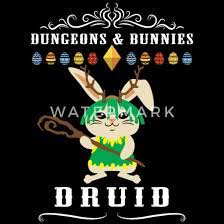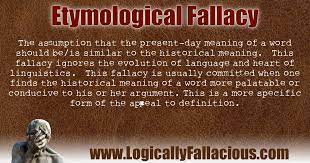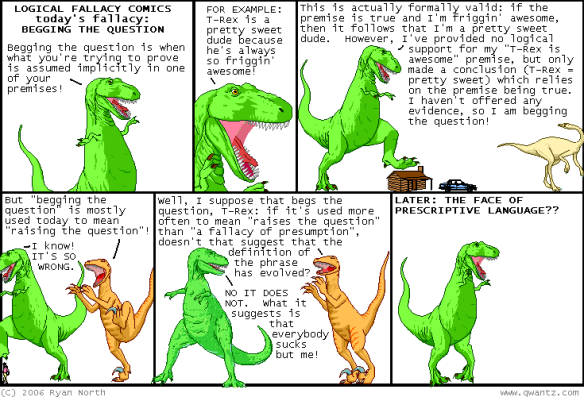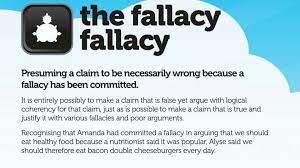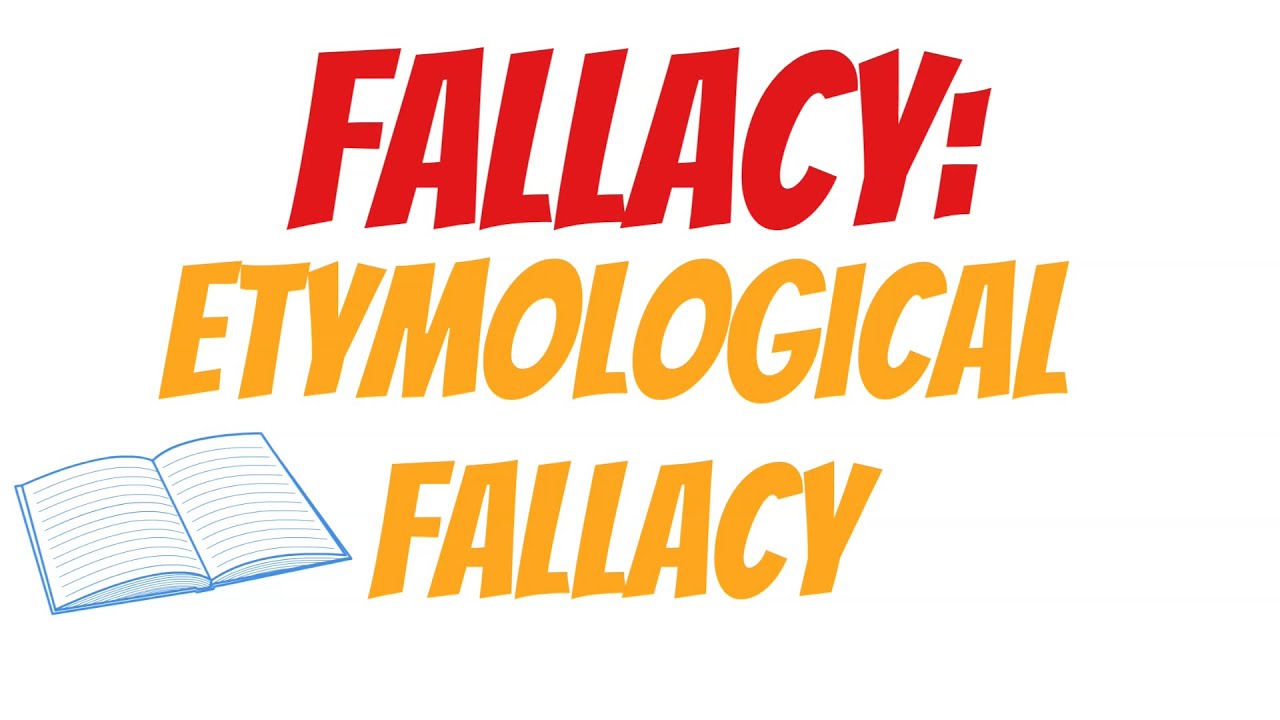Easter, Latin Pascha, Greek Pascha, principal
festival of the
Christian church, which celebrates the
Resurrection of
Jesus Christ on the third day after his
Crucifixion. The earliest recorded observance of an Easter celebration comes from the 2nd century, though the commemoration of Jesus’ Resurrection probably occurred earlier.
The English word Easter, which parallels the German word
Ostern, is of uncertain origin. One view, expounded by the Venerable
Bede in the 8th century, was that it derived from Eostre, or Eostrae, the Anglo-Saxon goddess of
spring and
fertility. This view presumes—as does the view associating the origin of
Christmas on December 25 with pagan celebrations of the
winter solstice—that Christians appropriated pagan names and
holidays for their highest festivals.
Given the determination with which Christians combated all forms of paganism (the belief in multiple deities), this appears a rather dubious presumption. There is now widespread
consensus that the word derives from the Christian
designation of Easter week as
in albis, a
Latin phrase that was understood as the plural of
alba (“dawn”) and became
eostarum in
Old High German, the
precursor of the modern German and English term. The Latin and Greek Pascha (“Passover”) provides the root for Pâques, the French word for Easter.
Easter | Origin, History, Name, Facts, & Dates


